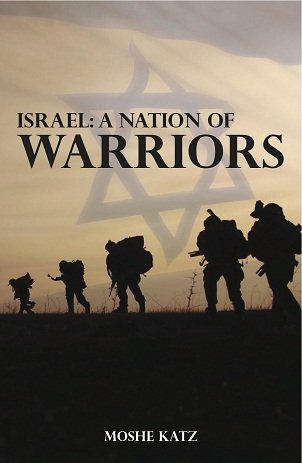- Home
- Krav Maga Blog
- Krav Instructors
- Train in Israel
- Tour Train Israel
- Krav Shop
- DVD
- Kickboxing
- IKI Near Me
- Seminars
- IKI Membership
- On-Line Training
- Krav Maga Training
- Testimonials
- History Krav Maga
- Instructors Page
- Past Blogs
- Spanish
- Italian
- Certification
- Contact
- Holland Seminar
- Vienna Seminar
- Poland Seminar
- Italy Seminar
- Belt Requirements
Krav
By Moshe Katz
May 30, 2013
Most Krav Maga students and instructors around the world know very little about: the history of Krav Maga, the history of the Jewish people, the history of the Hebrew language and the culture of the Jewish people. And I include many Jewish people in this category as well.
The word Krav is generally translated as "Combat", which is true and false at the same time. In not understanding the word one loses a great deal of the religious and sociological aspects of true Hebrew Krav Maga.
The root of the work Krav is KRV which is the root of "Close" or "Near". All Hebrew terms related to closeness, sacrifice, relatives, nearness, distance, approaching, etc are derived from these three letters, KRV.
So how does Combat fit it?
We have to go back many
years, to the early Biblical period when that application of Krav came about.
Krav meant and still means "closeness". In order to fight one had to close
the distance and become close to his opponent. He needed to be close enough to
strike him. Thus the word krav became the term used for "battle".
It is interesting to me that before this the Hebrew language did not have a
word for "battle". Perhaps "battle" was not part of the
Original Plan for mankind. I also find it interesting that the Hebrew word for fighting
is Lehima, if you play with the order of the letters (In Hebrew of course) you get "Halom",
which is dream. The struggle should be about pursuing a lofty dream of freedom
and independence, not about killing or humiliation.
But there is more to KRV. When one is close one has two options; peace or war.
In the book of Bereshith, (Genesis, the Beginning), the story is told of Yosef and his brothers. Yosef was the favored son and his eleven brothers were envious of him and eventually sold him into slavery. But at one point they had planned to kill him.
"And they (the brothers) saw him from a distance and conspired to kill him." (Bereshith, Genesis, 37, verse 18)
What happened? The Bible is clear that the plan to kill him was formulated when they saw him from a distance, but once they came up close, up close and personal, they decided not to kill him.
Our Biblical commentators say – it is easy to hate from a distance but when you get up close, when you get to know someone, to understand them, your attitude can change from hatred to understanding.
When Yosef's brothers saw him up close, they felt greater sympathy and understanding and they dropped the plan to kill him.
With Krav Maga our goal is not killing or harming others. Our goal is not revenge. Our goal is to get home peacefully. If we must hurt someone to do so – we are prepared for this unfortunate eventuality but if we can get close to that person, and somehow help them see things differently; that would be the greatest victory.
So the original meaning of Krav is close. Closeness can also bring understanding, compassion; a different perspective. A conflict resolved through words is a greater victory than a conflict resolved through violence.
But we must be prepared for both.
Note: This past February, IKI Instructor Craig Gray in Michigan organized the first ever three day Krav Maga – Conflict Resolution seminar. During this seminar, a room filled with some of the toughest guys around, grappled both physically and mentally with how to resolve a conflict. The last option is violence but the first choice is verbal diffusion.
Israel: A Nation of Warriors
By Moshe Katz

Learn more about Biblical warfare and the origins of Krav Maga.
Over 250 pages, trace the fighting history of the Hebrew people from Abraham to our own days.
$9.99 on Kindle
Israel, A Nation of Warriors on Kindle
Also available in PDF format